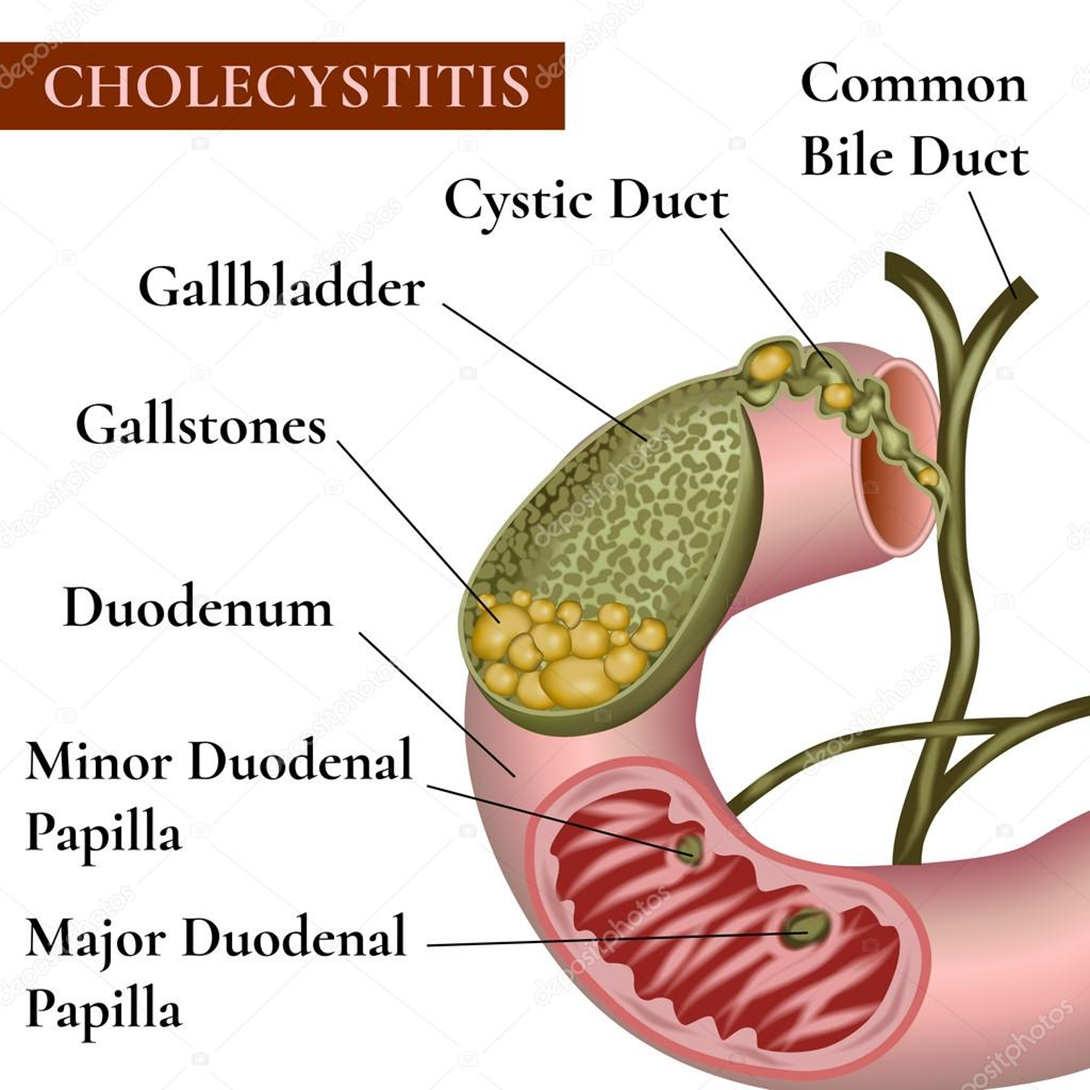A charge nurse is teaching a group of nurses about clients who report using garlic, ginger, and ginkgo biloba. The charge nurse should identify which of the following as an adverse effect of these supplements?
Increased effects of antidepressant medications
Increased effects of oral anticoagulants
Decreased effects of antianxiety medications
Decreased effects of antihypertensive medication
The Correct Answer is B
Choice A reason: Garlic, ginger, and ginkgo biloba do not typically increase the effects of antidepressant medications. Instead, they may interact with other medications and alter their effectiveness.
Choice B reason: Garlic, ginger, and ginkgo biloba are known to have blood thinning properties, which means they can increase the effects of oral anticoagulants, potentially leading to an increased risk of bleeding.
Choice C reason: There is no widespread evidence to suggest that garlic, ginger, and ginkgo biloba decrease the effects of antianxiety medications. However, they may interact with other medications and should be used cautiously.
Choice D reason: While garlic has been noted for its potential to lower blood pressure, it is not commonly associated with a decrease in the effects of antihypertensive medications. In fact, it may enhance their blood pressure lowering effects.
Nursing Test Bank
Naxlex Comprehensive Predictor Exams
Related Questions
Correct Answer is C
Explanation
Choice A reason: This choice is incorrect. Painless, raised purple nodules on the hard palate are not typically indicative of squamous cell carcinoma.
Choice B reason: This choice is incorrect. A small macule with a yellow-brown scale does not describe squamous cell carcinoma, which often presents as a firm nodule with a scaly crust.
Choice C reason: This is the correct choice. Squamous cell carcinoma can present as a firm nodule with a hard, scaly crust on the skin.
Choice D reason: Yellow white patches of growth on the tongue are more indicative of conditions such as oral leukoplakia, not squamous cell carcinoma.

Correct Answer is B
Explanation
Choice A reason: This choice is incorrect because an oral cholangiogram does not involve putting a camera down the throat. That procedure is more akin to an endoscopy.
Choice B reason: This statement is correct. An oral cholangiogram involves taking an Xray examination of the gallbladder after the patient has taken an iodine based contrast agent orally. The procedure is used to diagnose problems related to the gallbladder, such as gallstones or issues with bile flow.
Choice C reason: This choice is incorrect because an oral cholangiogram does not involve putting medication into the gallbladder to dissolve stones. That description is more consistent with nonsurgical treatments for gallstones, such as oral bile acid pills.
Choice D reason: This choice is incorrect as it describes a different procedure known as extracorporeal shock wave lithotripsy (ESWL), which uses shock waves to break up gallstones.

Whether you are a student looking to ace your exams or a practicing nurse seeking to enhance your expertise , our nursing education contents will empower you with the confidence and competence to make a difference in the lives of patients and become a respected leader in the healthcare field.
Visit Naxlex, invest in your future and unlock endless possibilities with our unparalleled nursing education contents today
Report Wrong Answer on the Current Question
Do you disagree with the answer? If yes, what is your expected answer? Explain.
Kindly be descriptive with the issue you are facing.
